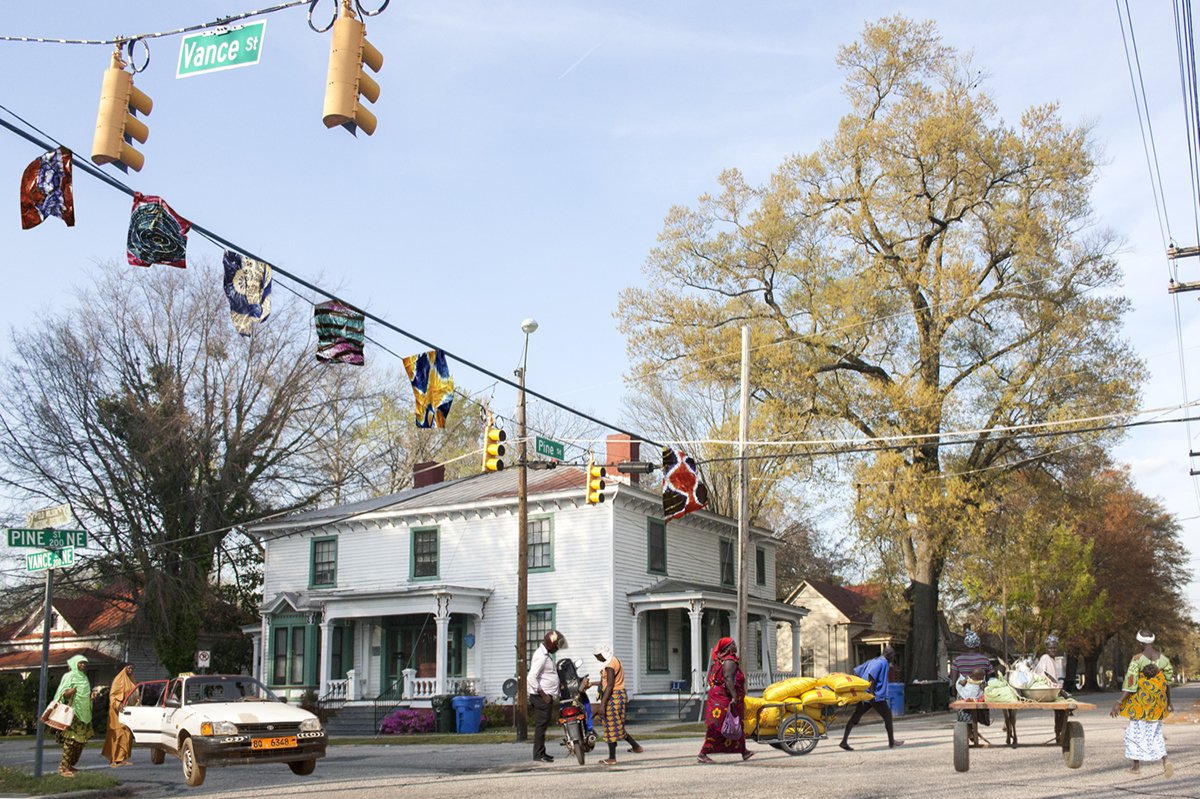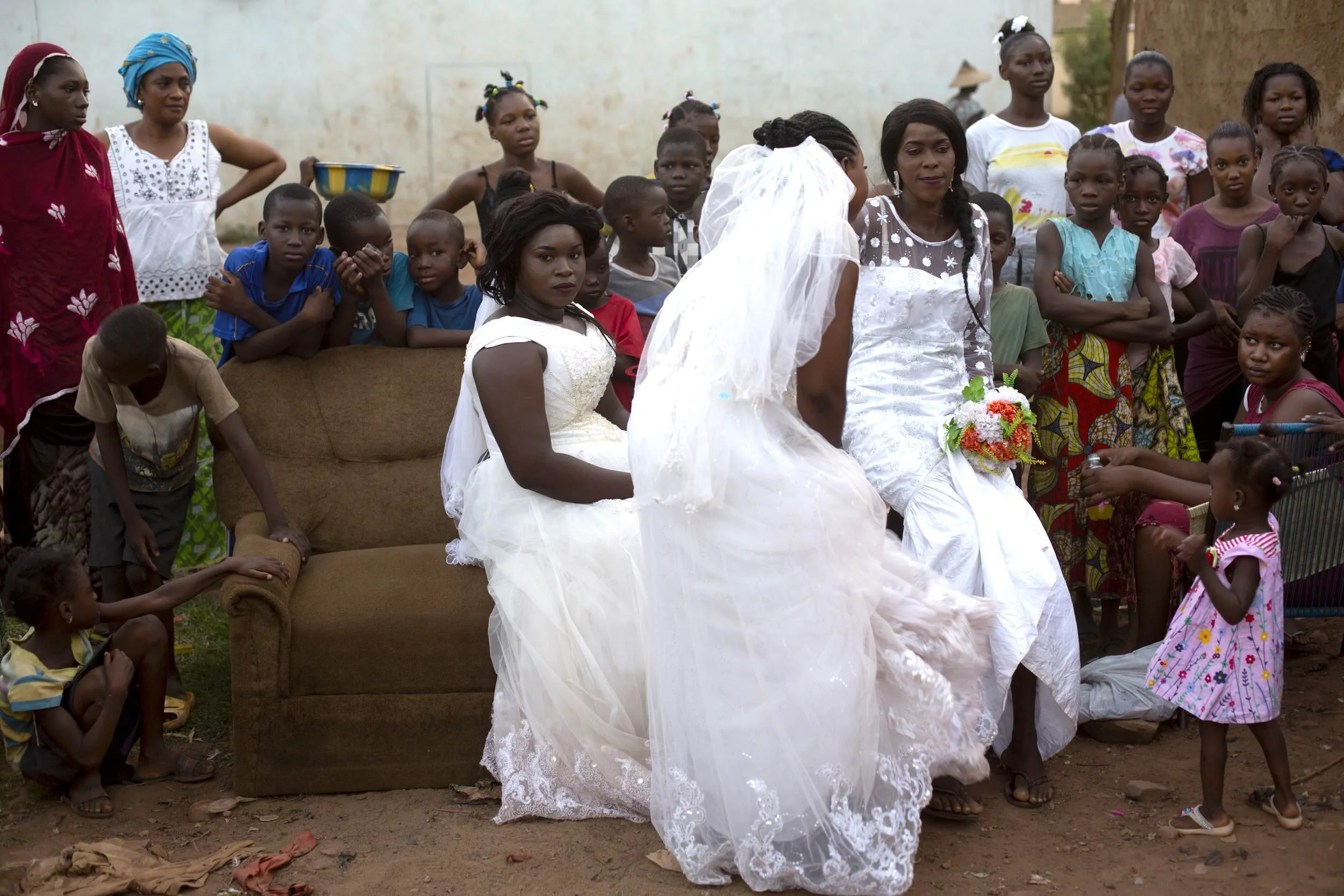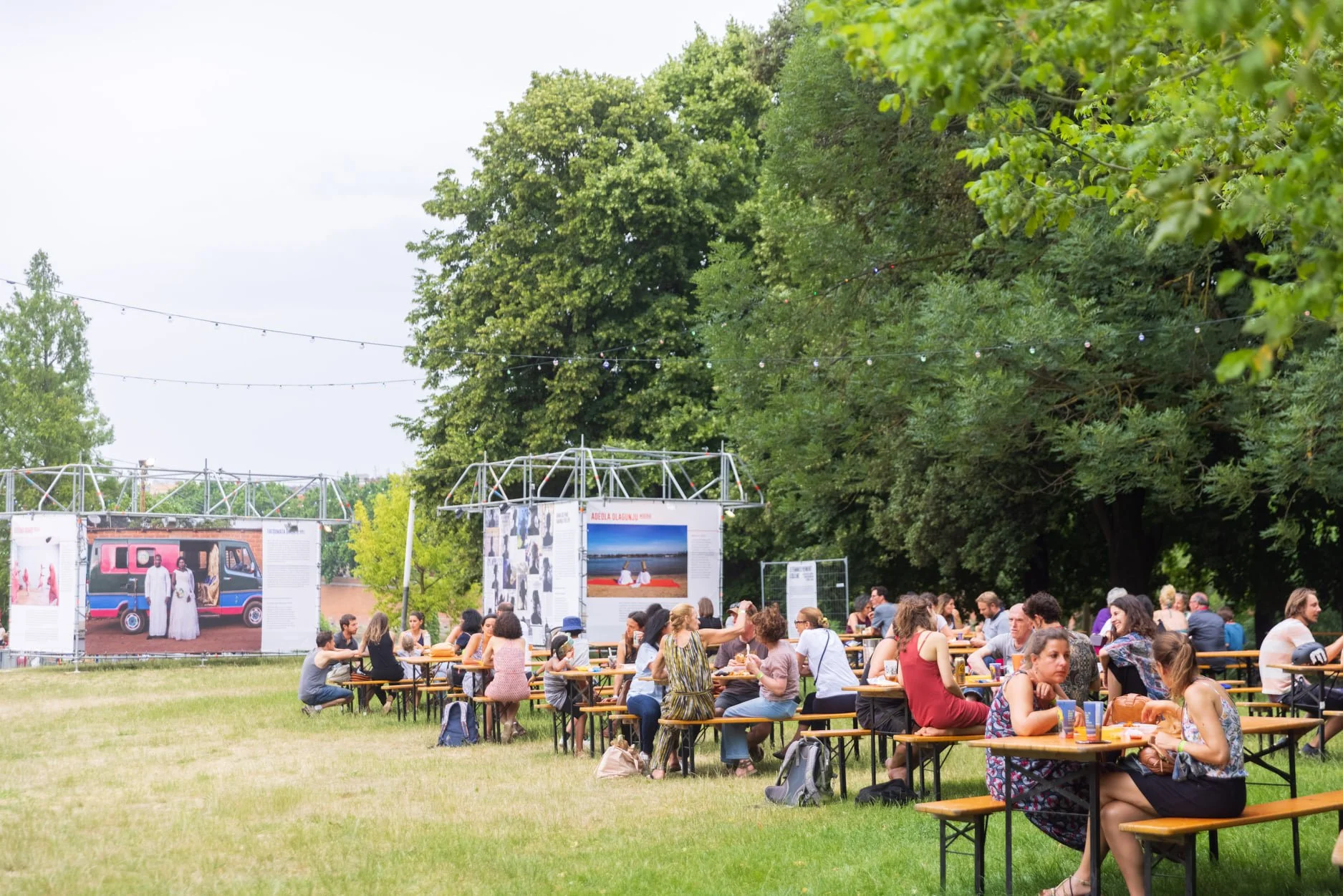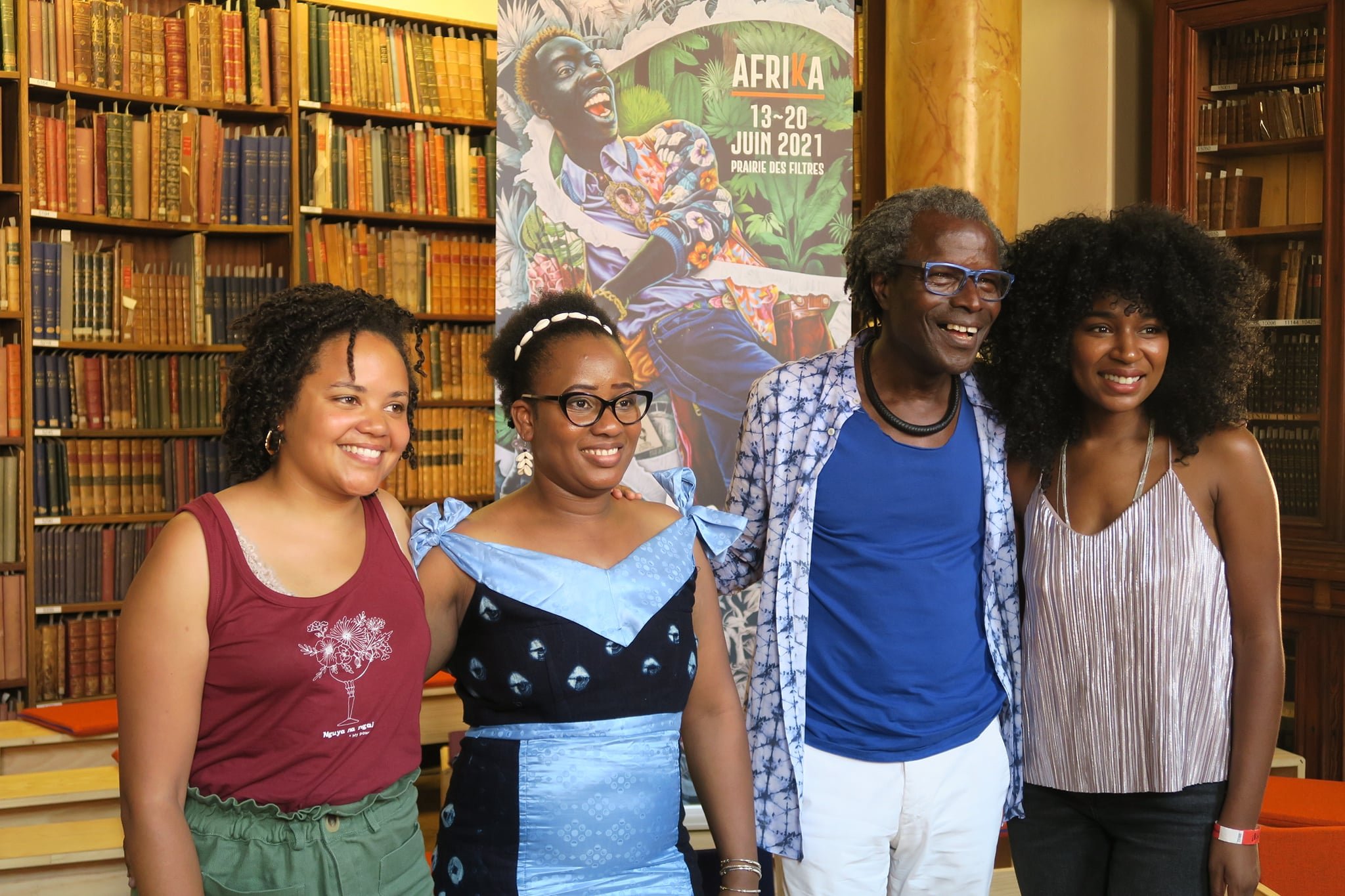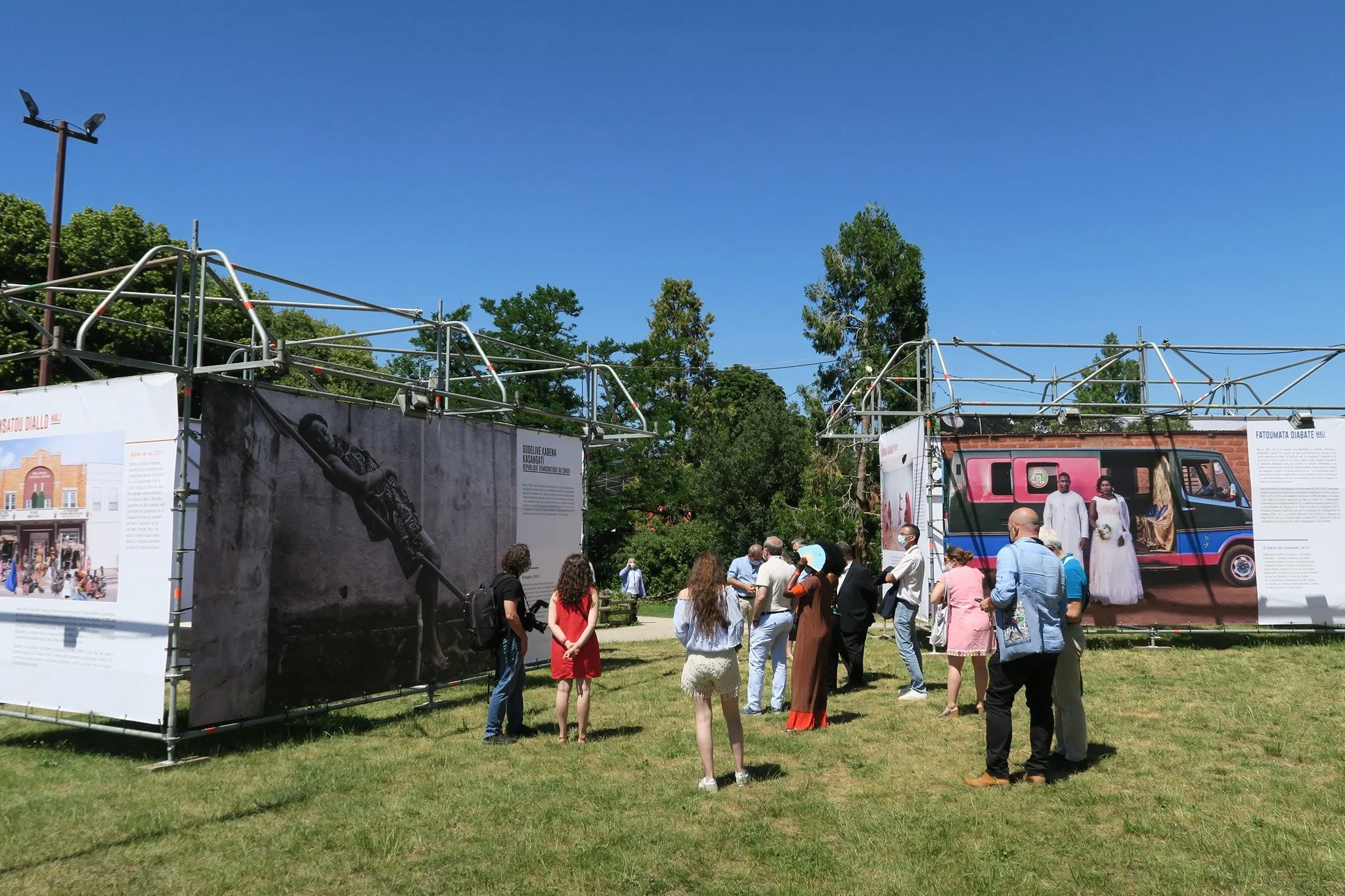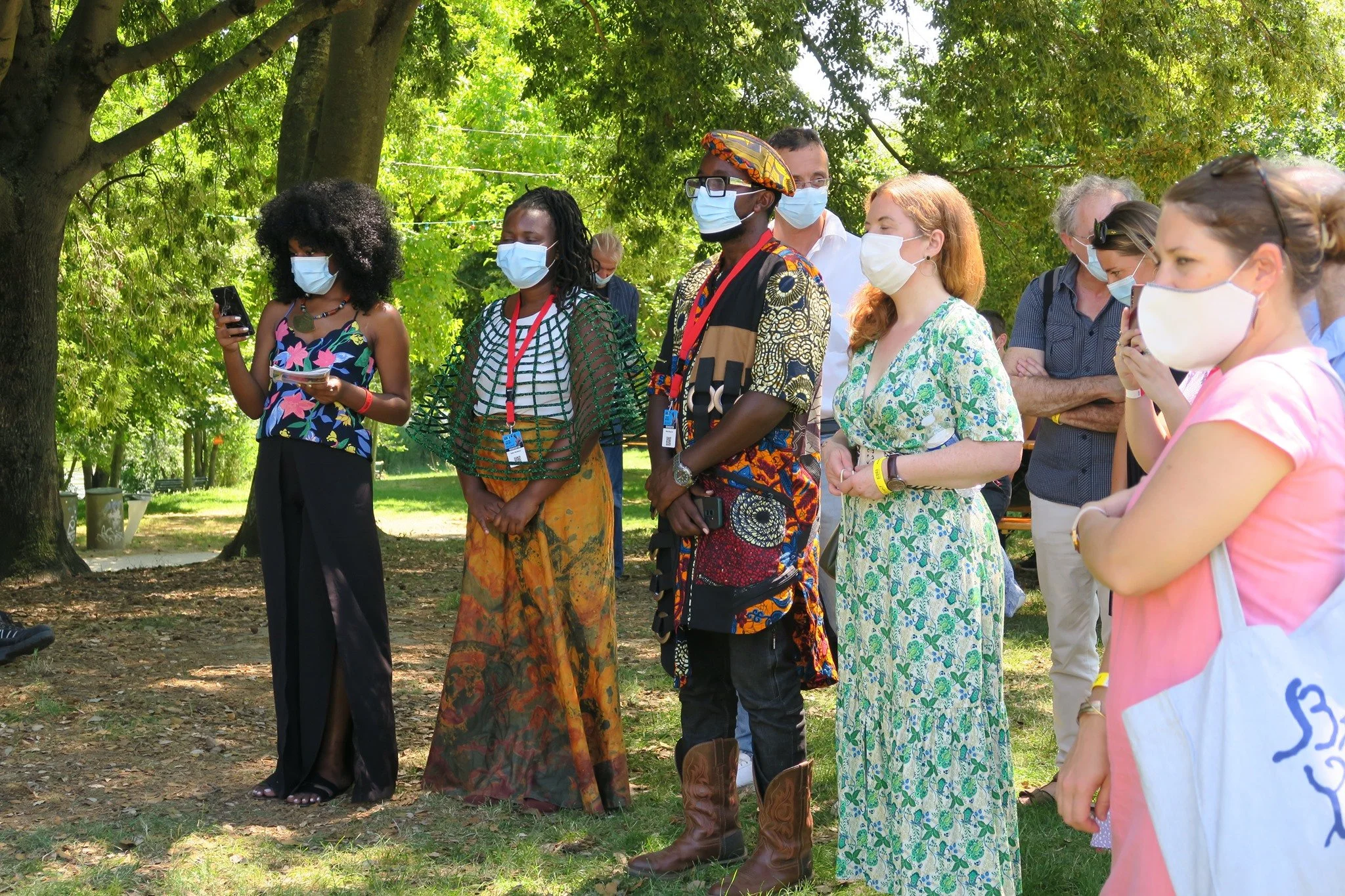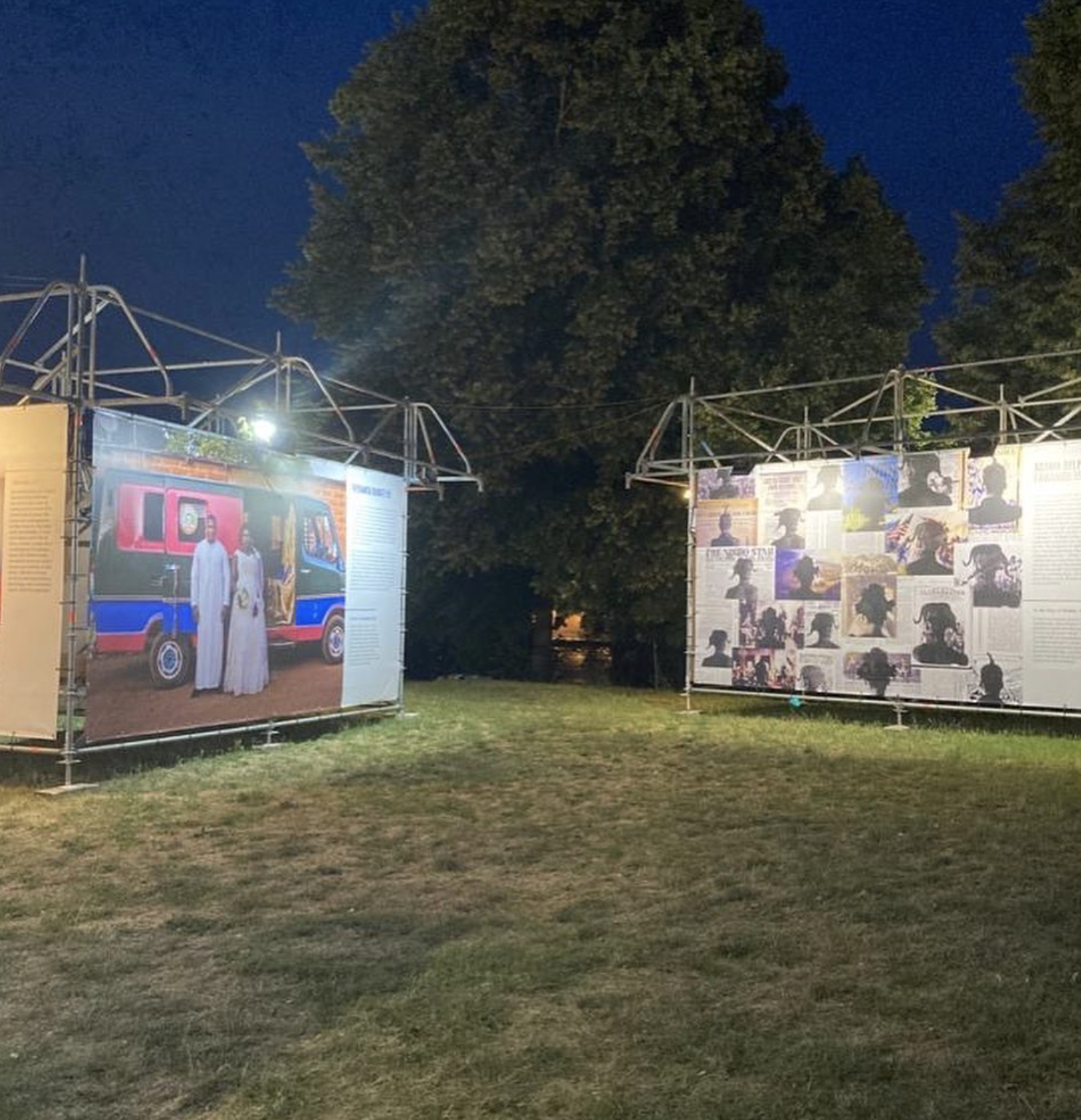13 juin 2021
Mon discours pour la cérémonie d'ouverture
Monsieur le Maire,
Madame la Commissaire Générale,
Membres de l'organisation de la Saison Africa 2020,
Membres de l'organisation du Rio Loco,
Chers artistes,
Mesdames, Messieurs,
Bonjour.
C’est pour moi un immense plaisir d'être ce jour à Toulouse. Un moment tant attendu après une année de grandes incertitudes.
Nous y voilà enfin.
Je voudrais, tout d’abord, saluer M. Jean-Luc MOUDENC, la mairie de Toulouse et les Toulousains, d’avoir reçu à bras ouverts, et de manière récurrente, la communauté artistique africaine et ses agents culturels. D’oser mettre en avant les richesses d’Afrique, de sa diaspora et de ses multiples représentations.
Je voudrais également remercier Madame N’Goné Fall, Madame Virginie Choquart, M. Hervé Bordier ainsi que tous les membres de l'équipe de la Saison Africa 2020 et du Rio Loco pour le soutien offert tout au long de la mise en œuvre de l'exposition Les Femmes Prennent la Colline.
Et bien entendu, je voudrais faire un petit clin d'œil à mon coéquipier, mon cocommissaire, M. Philippe Guionie. Le trajet n'était pas sans secousse.
Mais nous y voilà enfin.
“Je lisais récemment un article de presse qui disait que les photographes Malick Sidibé, Seydou Keïta ou Oumar Ly n'avaient jamais eu d’alter ego féminins. Mais que les Maliennes Fatoumata Diabaté et Amsatou Diallo, la Sierra-Léonaise Adama Delphine Fawundu, les Nigérianes Adeola Olagunju et Rahima Gambo, et la Congolaise Kasangati Godelive Kabena, faisaient partie de cette nouvelle génération de femmes africaines qui osaient, enfin, occuper un terrain bien plus souvent accaparé jusque-là par les hommes.”
Alors, je voudrais saluer l’excellence que votre travail démontre.
Mais surtout, et ce qui n’est pas toujours si palpable, votre résilience et votre courage, car il en faut pour briser les normes culturelles.
Nous y voilà enfin.
Il y a quelques années, quand je me suis lancée dans le commissariat d’expositions en ayant l’objectif de célébrer les femmes artistes, d'amplifier leur voix et de briser les tabous, je n'avais pas la moindre idée que je serais là aujourd'hui. J’ai suivi mon cœur, mes lignes directrices ; j'ai souvent dû me justifier, mais je savais que pour engendrer un changement, celui pour l’égalité sociétale des sexes — et surtout en Afrique — il fallait persister à contre-courant. Il fallait accepter un mal pour un bien. Un bien qui, éventuellement, changerait la vie de femmes tant d’Afrique que d’ailleurs.
Alors quand je lis aujourd'hui que les pères prodiges de la photographie africaine ont une vague d'alter egos féminins, je dis : nous y voilà, enfin.
Et me voilà enfin, avec sérénité, continuer le combat féministe mais aussi celui africain. Ce combat qui est de changer son langage visuel, de redonner à l’Afrique, à ses femmes et ses jeunes filles toute leur dignité. Et aussi ironique que cela puisse être, une dignité qui ne passe non pas par le silence ou la fébrilité, mais plutôt par un langage visuel inébranlé, suscitant un regard nouveau.
Alors je vous dis merci d’être là pour ce nouveau regard.
Written Fatima Bocoum (English)
French text found below





